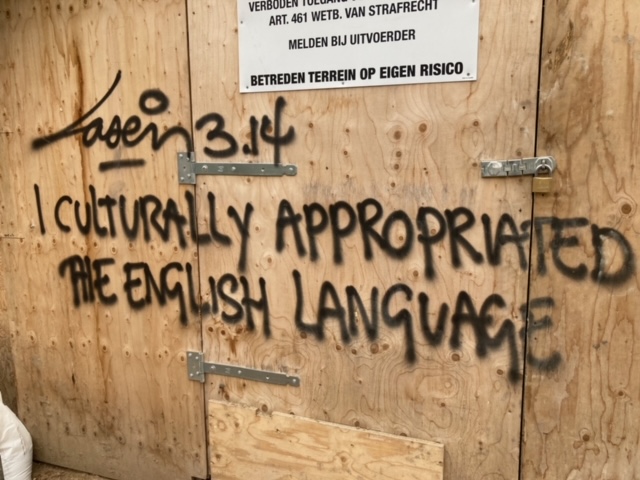Schools should embrace multilingualism, education council says

Virtually all primary and secondary schools, trade schools and daycare centres in the Netherlands encounter children or teenagers who speak a language other than Dutch at home, but many teachers are unsure how to deal with it, the education council Onderwijsraad says in a new report.
The council is now advising schools and the government to see multilingualism not as a problem but as a way to strengthen Dutch language skills.
People think “if pupils are given space to speak another language in the classroom, that would harm their Dutch,” chairwoman Louise Elffers told the Volkskrant. “But research shows that is not the case, as long as it is done cleverly. And teachers do not need to master these languages themselves in order to support pupils effectively.”
Practical examples include giving pupils a book to read at home in their family language after it has been studied in Dutch at school. “Reading it with their parents helps children understand the text better and make the translation into Dutch more explicit,” Elffers said.
Multilingualism can also be encouraged through classroom attitudes, said education expert Frederike Groothoff.
“There is no special lesson or method. It is a mindset,” she said. “You can show that new languages are not scary and that no language is better than another. Ask pupils to teach you a few words in their language.”
Such an approach, she says, helps create an atmosphere where children are not laughed at for unfamiliar sounds or worried that classmates are gossiping in other languages.
The council also includes regional languages such as Frisian and Limburgish in its definition of multilingualism. For now, schools decide for themselves whether to allow pupils to use other languages in class, which can lead to different rules between teachers.
Children should not be held back from speaking their home language as long as they also have opportunities to learn Dutch, Groothoff said. “We are not a monolingual country. We are part of a larger world. The earlier children encounter other cultures and languages, the more normal it becomes. That is an added value.”
Thank you for donating to DutchNews.nl.
We could not provide the Dutch News service, and keep it free of charge, without the generous support of our readers. Your donations allow us to report on issues you tell us matter, and provide you with a summary of the most important Dutch news each day.
Make a donation